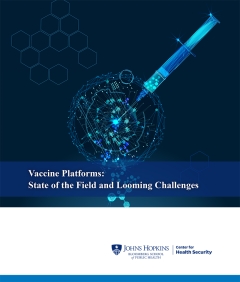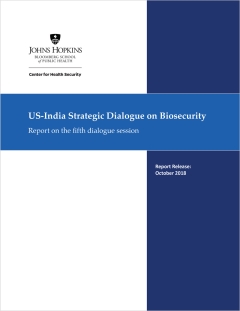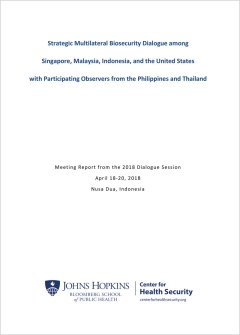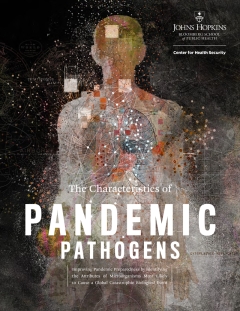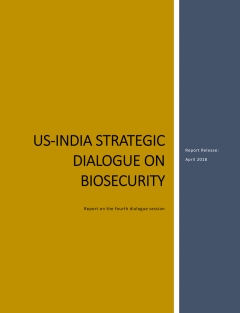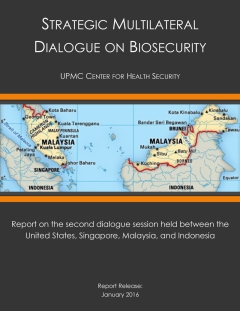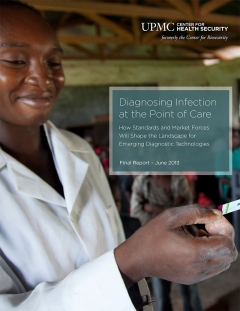On December 2-3, 2015, the UPMC Center for Health Security hosted the second meeting of Track II biosecurity dialogue between the United States, Singapore, Malaysia, and Indonesia. The meeting took place in Kuala Lumpur, Malaysia and was co-sponsored by the Malaysian Ministry of Health (MOH). The dialogue is supported by the Project on Advanced Systems and Concepts for Countering WMD (PASCC) of the Center on Contemporary Conflict, sponsored by the US Defense Threat Reduction Agency (DTRA).
The purpose of the second meeting of the dialogue – which is the focus of this report – was to engage participants in deeper conversations around the unique biosecurity landscapes of Singapore, Malaysia, Indonesia, and the US; examine ongoing national, regional, and global biosecurity threats; identify and critique current policies and approaches to biological threat mitigation; and exchange best practices in biorisk management to strengthen responses to emerging and evolving biological threats. The dialogue featured participants representing various levels of academia, and government, including experts in the life sciences, defense, public health, animal health, journalism, medicine, terrorism, and security.

